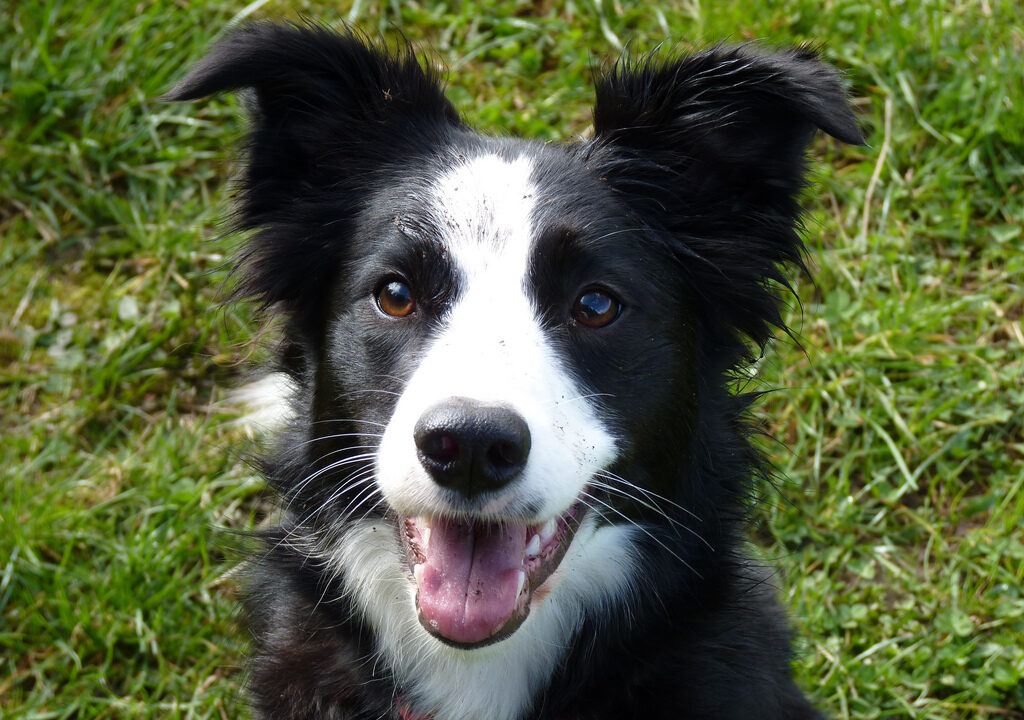As Halloween approaches, the Irish Society Preventing Cruelty to Animals (ISPCA) is reminding the public to be aware of the dangers Halloween poses to the wellbeing of all animals.
The public is urged to take extra measures to safeguard the welfare of not only domestic pets, but farm animals and wildlife too.
ISPCA public relations manager Carmel Murray says that Halloween can be a scary time for our furry friends. Murray has issued AgriLand advice for taking care of pets and livestock this spooky season.
Fireworks and pets
One of the main causes of distress and danger for animals are fireworks. Murray says that some pets “can be terrified by the sound of fireworks” and so it is important to ensure they are kept safe in a secure area where they cannot “dart out an open door from the noise”.
“When there are fireworks being set off, try keeping the lights low and play a radio or television in the background to help drown out some of the noise outside,” Murray says.
“As difficult as it may be, try not to react to your pet showing signs of fear as it may be the best way you can help them.
Licking objects such as kong toys filled with treats may help ease your pet’s stress. It is important that they have a safe, secure place to hide indoors if they are scared.
“If you are concerned that your pet is unmanageably terrified of the noise of fireworks, you should consult your vet to discuss ways for managing your pet’s stress.”
Costumes, sweets and the fun stuff that is only fun for humans
When it comes to Halloween costumes, some pets may find wearing them stressful, according to Murray. She recommends considering a “festive-themed bandana” instead of a costume that is more restrictive.
If you do choose to put your pet in a costume, make sure it does not limit the animal’s movement, vision, ability to breathe or behave normally.
The ISPCA also warns to keep dogs and cats away from wires, decorations and candles.
“Ingesting foil or plastic wrappers can also lead to digestive problems and may require surgery. If your pet does ingest something toxic, contact your vet immediately,” Murray continued.
Livestock and wildlife
“Horses, ponies and donkeys should be securely stabled to prevent them from escaping or hurting themselves if they live in areas with a considerable amount of Halloween-related noise.
“Small mammals or birds should be kept indoors such as a garage or a shed, covering over hutches or cages with blankets to act as sound-proofing.
Hedgehogs go into hibernation this time of year and will sleep in wood piles or heavy scrub and leaves. It is important you check under all wood piles before lighting any bonfires to ensure there is no wildlife hibernating.
“Some outdoor plastic decorations such as fake spider webs or string lights can snare wild animals, so care must be taken if hanging them, along with ensuring they are removed after the festivities.”
